LINCOLN - The federal government shutdown has forced the Supplemental Nutrition Assistance Program (SNAP) benefits to pause in states like Nebraska, where about 150,000 low-income residents depend on the program. The U.S. Department of Agriculture (USDA) directed the pause, and officials in Nebraska say they will not fund the program at state cost, warning such an effort would drain resources. In response, food banks and community organizations are scrambling to fill the gap, and recipients have been urged to call 2-1-1 for assistance with food, housing or financial services.
Local leaders and nonprofits are raising the alarm because they simply cannot replace the federal program’s scale or speed. Food pantries such as the Food Bank for the Heartland in Omaha already say they are serving four times as many people as in 2018 and expect that demand to climb further. Meanwhile, individuals reliant on SNAP are facing mounting uncertainty. One Nebraska mother said, “I definitely wouldn’t be able to feed myself or my kids without it,” as she braced for the loss of benefits.
Beyond the immediate hunger crisis, researchers warn that food insecurity leads to deeper health consequences—especially for vulnerable groups such as pregnant women. A study found that food insecurity during pregnancy is associated with higher risks of gestational diabetes, pre-eclampsia, preterm birth and neonatal intensive-care admission—and that food assistance helps mitigate those risks. The pause of SNAP benefits raises fears these adverse outcomes may increase, just as more families are facing not only hunger but longer-term health dangers.
